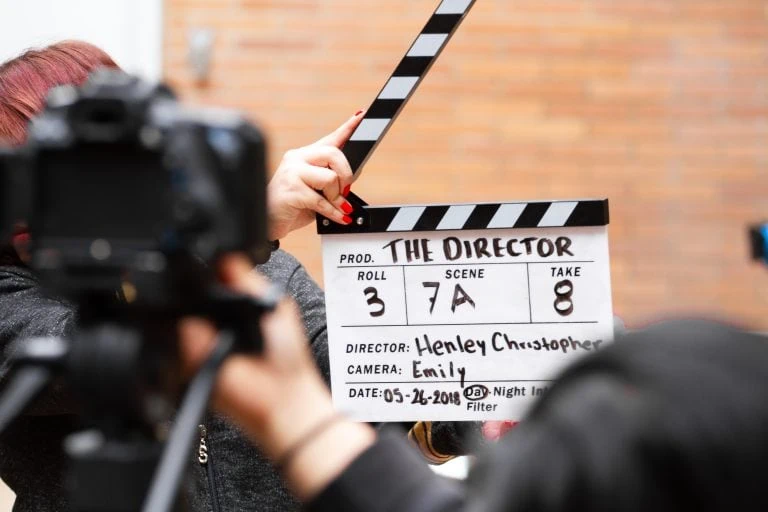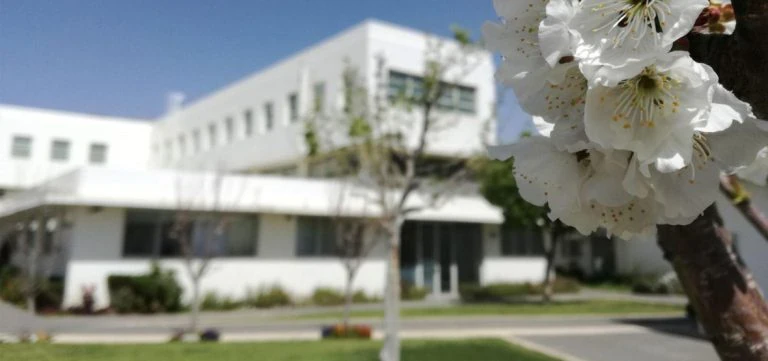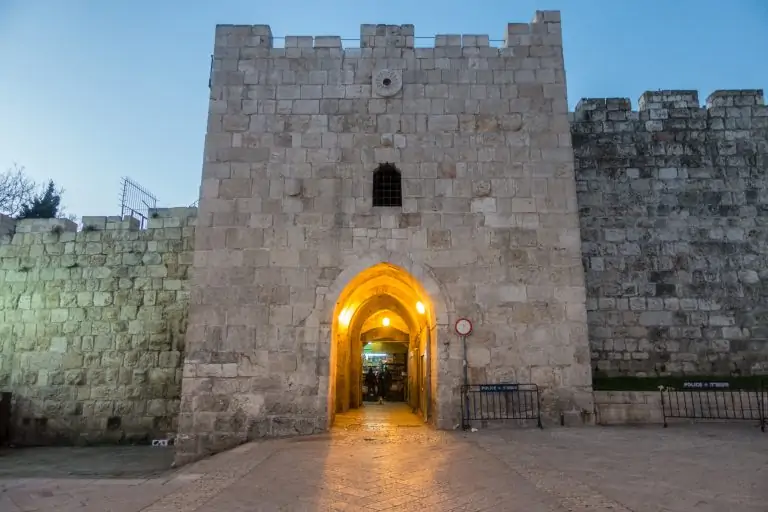Paint your own piece of Jerusalem
In a small art studio in downtown Jerusalem, a table is covered with freshly-painted ceramic coffee mugs, mezuzot, and tiles. Paint brushes dipped in pale green, pink and purple paint are also scattered on the table. “That’s the messy table, things still in progress,” said Shifra Pendrak, founder of JClay Pottery Studio, where anyone can paint their own ceramics. Soon, these items on the table will be glazed and fired in a kiln. The glaze and intense heat of the kiln will transform the pale colors into bright and shiny hues. “People always are so eager to see their pieces after they are fired, to see what happens with the colors,” Pendrak said. “I also love seeing what people make, what they come up with.” Visitors to JClay can select from dozens of different ceramics—-ranging from mugs and plates to Judaica items like hand-washing cups, Passover Seder plates and Hannukah menorahs. They then sit at the tables in the studio, where large windows look out on residential streets, and paint the pieces in whatever color and style they choose.
“And you really don’t have to be artistic at all. People come in and say they have no art experience, but they create beautiful things,” Pendrak said. After the pieces are painted, Pendrak and her staff glaze and fire them in a kiln, a process that can take up to a week. When that is done, the pieces are ready to go home. A former high school teacher from London, Pendrak opened JClay not only as a space for people to do art, but also as a place to let visitors make something of their own in Jerusalem to take home with them to remember their time in the city. “I really wanted to give people a chance to make something to take home,” she said.
Many of the pieces are connected to places and traditions in Jerusalem and Israel, including pomegranates, picture frames resembling the Western Wall and even a miniature model of Rachel’s Tomb.
Participants range from small children to families to couples on dates, she said. “We also really want to have a welcoming atmosphere, where people can enjoy quality time together and relax and talk while they work,” Pendrak said. “That’s one of the most rewarding things to see.” The cost for painting ceramics ranges from 30 shekels to 180 shekels, depending on the size of the piece. In addition, there is a 20-shekel painting fee for each piece. Reservations are recommended, and tourists are advised to allow at least a week for their pieces to be finished in the kiln. JClay, located at 67 HaNevi’im Street, can deliver finished pieces to the hotel for an additional fee.
More Articles:


